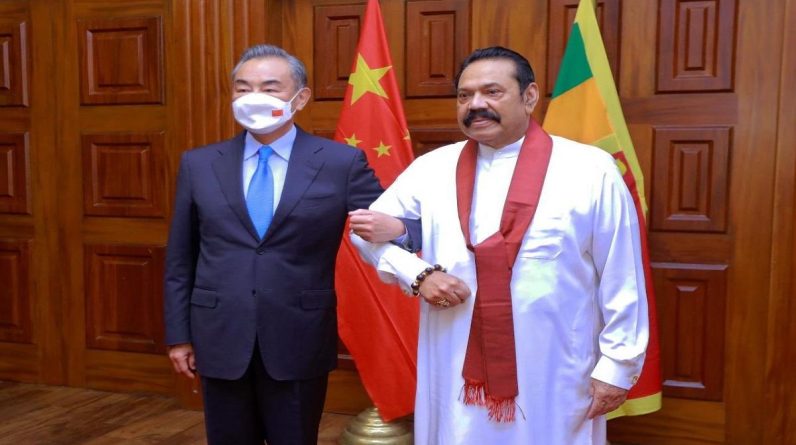Live Classes

Chinese Foreign Minister’s Sri Lanka visit highlighted Beijing’s relentless drive in Indian Ocean region, and India’s challenge.
The visit by Chinese Foreign Minister Wang Yi to Sri Lanka as part of a five-nation swing-through, that also covered three African nations and the Maldives, has highlighted Beijing’s relentless drive for influence over the Indian Ocean region. In Colombo, Wang spoke of creating a forum for Indian Ocean “island countries” that shared “similar experiences and common needs” and development goals to strengthen “mutually beneficial co-operation”. Such fora already exist. China is a dialogue partner of the Indian Ocean Rim Association, along with Russia, the US and several European countries. Since 2008, an Indian Ocean Navies Symposium brings together 24 countries in the region, in which, too, China, which is not an Indian Ocean country, is one among several observers. It is significant that Beijing, which has pumped in so much money into many of these countries, but by virtue of its geography, is not a full member in any of the region’s groupings, now believes there should be another forum representing the region. Wang’s proposal, which bears a curious resemblance to the Security and Growth for All in the Region (SAGAR) doctrine articulated by Prime Minister Narendra Modi in his first term, during a visit to Mauritius in 2015, is a sign that the IndiaChina rivalry in the maritime sphere is set to intensify. Wang left no one in any doubt about this when he described the China-Sri Lanka relationship as not targeting “a third party” and as one that “should not be interfered with by any third party”. The term “third party” was first used by the Chinese embassy in Colombo to obliquely describe India, after Delhi objected to a Chinese solar farm project on Sri Lankan islands close to the Tamil Nadu coast. Wang described Beijing’s relationship with Colombo as one that has “injected positive energy into regional peace and stability”. For India, which has had to deal with two episodes of territorial creep by the People’s Liberation Army in the last six years — one more round of talks on Ladakh is scheduled to take place today — and has put the Army on full alert all the way from Ladakh to Arunachal along the contested Line of Actual Control, it is impossible to share the same warm and fuzzy feelings about China’s economic and political inroads in Sri Lanka, or the Maldives for that matter. India has longestablished ties with Colombo and Male, and needs no lectures on how to conduct its diplomacy in the region — from a third party.
Download pdf to Read More